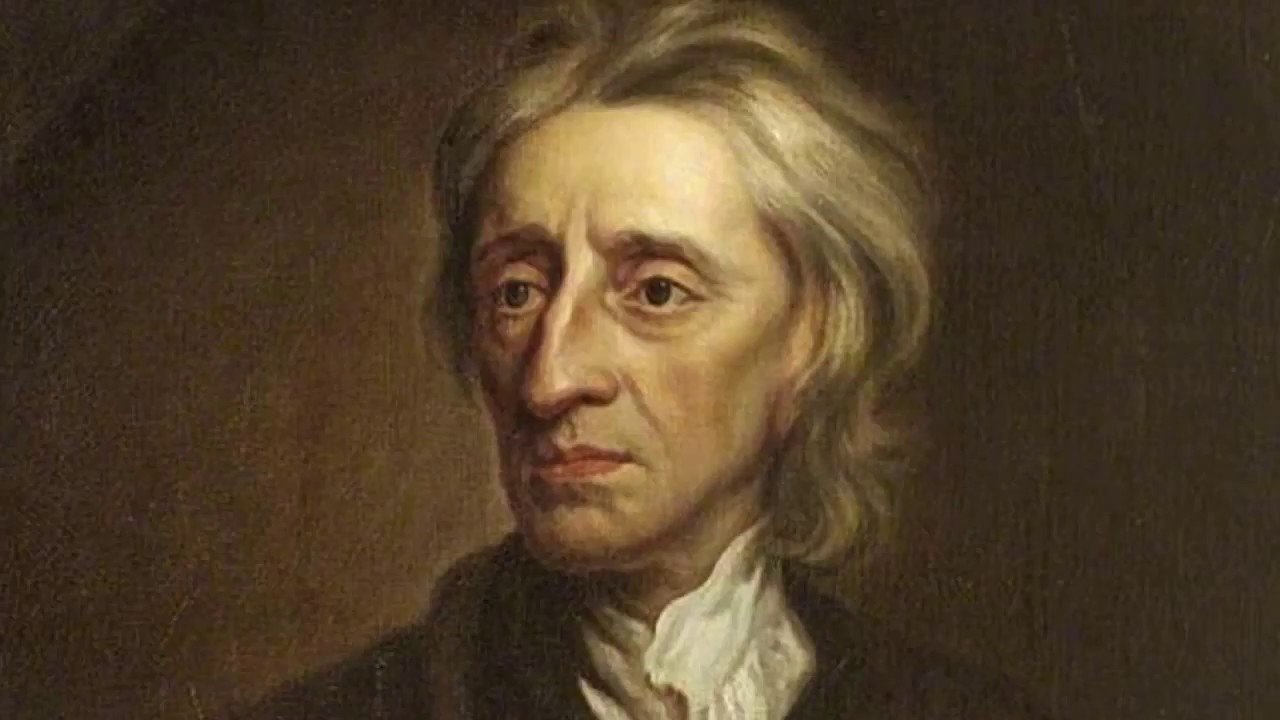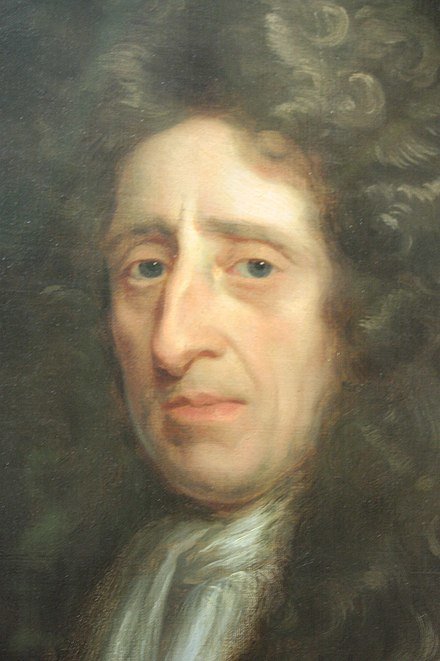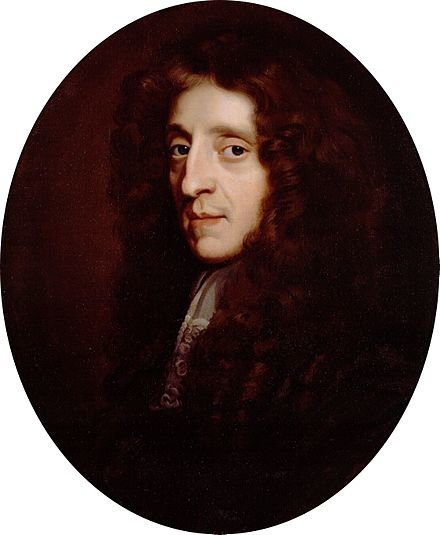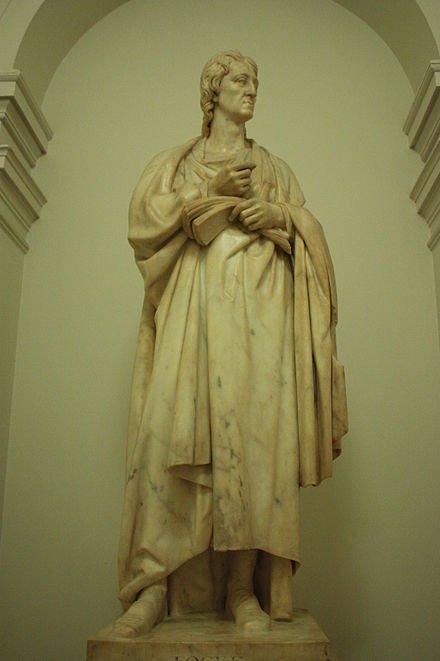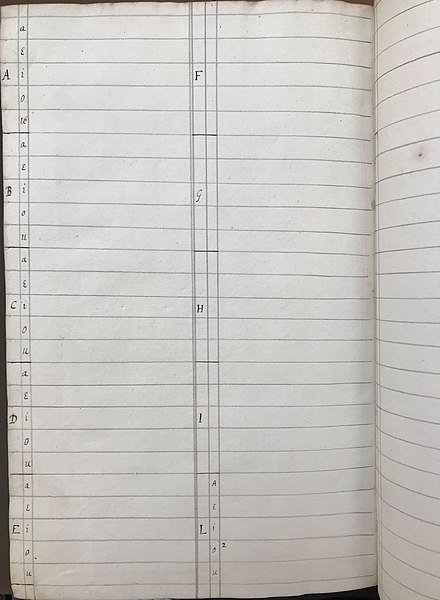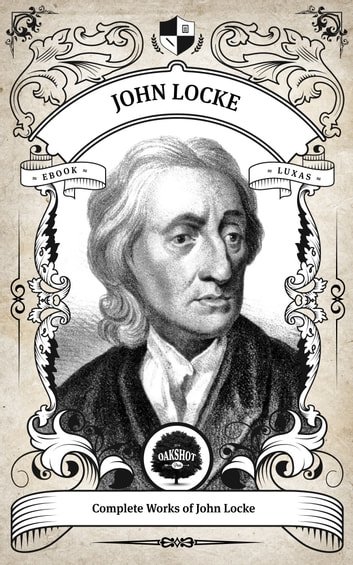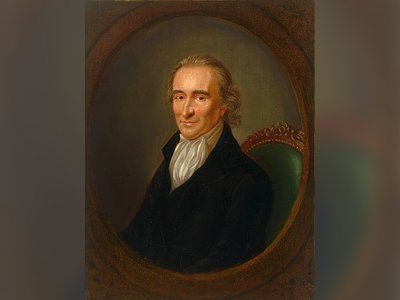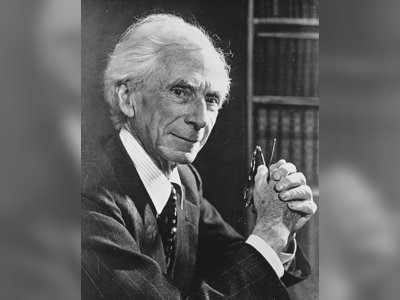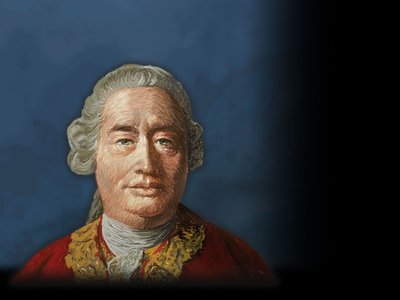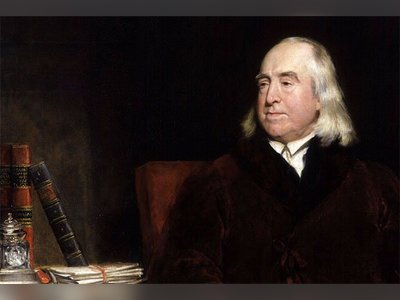British Heritage
Remember, Cherish, Learn.
beta
John Locke - The "Father of Liberalism" c.1700
A Pillar of British Intellectual Heritage and the Progenitor of Liberal Thought.
One of the most salient figures in the intellectual history of Britain, John Locke (1632–1704) stands as a testament to the enduring significance of Enlightenment thought. Often dubbed the "Father of Liberalism," Locke's contributions to philosophy and political theory have been foundational to the development of modern Western thought. His groundbreaking work on empiricism, social contract theory, and the nature of human understanding, continues to shape discourse in political and social philosophy, even centuries after his death.
John Locke, an English philosopher and physician, was pivotal to the Enlightenment, an intellectual movement that championed reason and individualism. Following in the footsteps of Francis Bacon, he became one of the first British empiricists. This empiricist perspective, rooted in the premise that knowledge derives exclusively from sensory experience, contrasted sharply with the prevailing Cartesian philosophy predicated on innate ideas.
An ardent proponent of the scientific method, Locke asserted that nothing is beyond scrutiny and disproof, a principle encapsulated in his assertion, "whatever I write, as soon as I discover it not to be true, my hand shall be the forwardest to throw it into the fire." His empiricist stance led him to propose the concept of 'tabula rasa' or the 'blank slate,' suggesting that we are born devoid of innate knowledge, and our understanding of the world is solely shaped by our experiences.
Locke's political philosophy was revolutionary for his time and continues to be influential today. His doctrine, infused in classical republicanism and liberal theory, is enshrined in the United States Declaration of Independence. Globally, Locke's political and legal principles underpin contemporary theories and practices of representative government and the protection of basic rights and freedoms.
His social contract theory posits that political legitimacy stems from the consent of the governed rather than divine right or inherited authority, a concept that challenged the foundations of absolute monarchy and laid the groundwork for modern democratic thought.
Locke's philosophical contributions extend to the realm of personal identity and the concept of self. He was the first to define the self through a continuity of consciousness, a notion that heavily influenced later philosophers such as Jean-Jacques Rousseau, David Hume, and Immanuel Kant. His 'theory of mind' has been fundamental to modern conceptions of identity, marking a shift towards a more subjective and fluid understanding of the self.
Born in 1632 in Somerset, England, Locke was the son of a lawyer and a Puritan mother. He was educated at the prestigious Westminster School before attending Christ Church, Oxford, where his interest in the works of modern philosophers such as René Descartes began to bloom. After obtaining a bachelor's degree and a master's degree, he delved into the world of medicine, studying alongside notable scientists such as Robert Boyle and Thomas Willis.
Locke's philosophical journey was closely tied to his political involvement. His association with the Whig statesman Anthony Ashley Cooper, the 1st Earl of Shaftesbury, deeply influenced his political views. During his time in the Netherlands as a fugitive from the turbulent English political landscape, Locke penned two of his most renowned works: An Essay Concerning Human Understanding and A Letter Concerning Toleration.
Locke's philosophical contributions began to gain recognition following his return to England after the Glorious Revolution. His writings became increasingly influential among the Whigs, and he engaged in intellectual discourse with prominent figures such as poet John Dryden and scientist Isaac Newton. Locke died in 1704, leaving behind an enduring legacy in philosophy, political theory, and epistemology.
Although Locke's Two Treatises were not widely acknowledged in his lifetime, his thoughts came into prominence with the rise of American resistance to British taxation. His liberal thought, as distilled in the Second Treatise, found a vast readership, deeply influencing the formation of the United States.
Locke's emphasis on tolerance was groundbreaking. His Letters Concerning Toleration, written in the context of the European wars of religion, articulated compelling arguments for religious tolerance, which have had profound implications for the modern conception of secularism and the separation of church and state.
John Locke's intellectual legacy endures today, continuing to influence a broad spectrum of disciplines, from philosophy and political science to psychology and cognitive science. The 'Father of Liberalism' not only shaped British heritage but also played a pivotal role in the formation of modern democratic governance, epitomizing the enduring impact of Enlightenment thought on the contemporary world. His compelling theories on knowledge, identity, government, and religious tolerance have etched his name indelibly into the annals of history. In the words of American Founding Father Thomas Jefferson, Locke, along with Francis Bacon and Isaac Newton, are "the three greatest men that have ever lived, without any exception, and as having laid the foundation of those superstructures which have been raised in the Physical and Moral sciences."
A Foundational Figure in the Enlightenment
John Locke, an English philosopher and physician, was pivotal to the Enlightenment, an intellectual movement that championed reason and individualism. Following in the footsteps of Francis Bacon, he became one of the first British empiricists. This empiricist perspective, rooted in the premise that knowledge derives exclusively from sensory experience, contrasted sharply with the prevailing Cartesian philosophy predicated on innate ideas.
An ardent proponent of the scientific method, Locke asserted that nothing is beyond scrutiny and disproof, a principle encapsulated in his assertion, "whatever I write, as soon as I discover it not to be true, my hand shall be the forwardest to throw it into the fire." His empiricist stance led him to propose the concept of 'tabula rasa' or the 'blank slate,' suggesting that we are born devoid of innate knowledge, and our understanding of the world is solely shaped by our experiences.
The Legacy of Liberal Thought
Locke's political philosophy was revolutionary for his time and continues to be influential today. His doctrine, infused in classical republicanism and liberal theory, is enshrined in the United States Declaration of Independence. Globally, Locke's political and legal principles underpin contemporary theories and practices of representative government and the protection of basic rights and freedoms.
His social contract theory posits that political legitimacy stems from the consent of the governed rather than divine right or inherited authority, a concept that challenged the foundations of absolute monarchy and laid the groundwork for modern democratic thought.
Shaping the Modern Understanding of Self
Locke's philosophical contributions extend to the realm of personal identity and the concept of self. He was the first to define the self through a continuity of consciousness, a notion that heavily influenced later philosophers such as Jean-Jacques Rousseau, David Hume, and Immanuel Kant. His 'theory of mind' has been fundamental to modern conceptions of identity, marking a shift towards a more subjective and fluid understanding of the self.
A Life Steeped in Intellectual Pursuit
Born in 1632 in Somerset, England, Locke was the son of a lawyer and a Puritan mother. He was educated at the prestigious Westminster School before attending Christ Church, Oxford, where his interest in the works of modern philosophers such as René Descartes began to bloom. After obtaining a bachelor's degree and a master's degree, he delved into the world of medicine, studying alongside notable scientists such as Robert Boyle and Thomas Willis.
Locke's philosophical journey was closely tied to his political involvement. His association with the Whig statesman Anthony Ashley Cooper, the 1st Earl of Shaftesbury, deeply influenced his political views. During his time in the Netherlands as a fugitive from the turbulent English political landscape, Locke penned two of his most renowned works: An Essay Concerning Human Understanding and A Letter Concerning Toleration.
Locke's philosophical contributions began to gain recognition following his return to England after the Glorious Revolution. His writings became increasingly influential among the Whigs, and he engaged in intellectual discourse with prominent figures such as poet John Dryden and scientist Isaac Newton. Locke died in 1704, leaving behind an enduring legacy in philosophy, political theory, and epistemology.
The Resounding Impact of Locke's Thought
Although Locke's Two Treatises were not widely acknowledged in his lifetime, his thoughts came into prominence with the rise of American resistance to British taxation. His liberal thought, as distilled in the Second Treatise, found a vast readership, deeply influencing the formation of the United States.
Locke's emphasis on tolerance was groundbreaking. His Letters Concerning Toleration, written in the context of the European wars of religion, articulated compelling arguments for religious tolerance, which have had profound implications for the modern conception of secularism and the separation of church and state.
Conclusion
John Locke's intellectual legacy endures today, continuing to influence a broad spectrum of disciplines, from philosophy and political science to psychology and cognitive science. The 'Father of Liberalism' not only shaped British heritage but also played a pivotal role in the formation of modern democratic governance, epitomizing the enduring impact of Enlightenment thought on the contemporary world. His compelling theories on knowledge, identity, government, and religious tolerance have etched his name indelibly into the annals of history. In the words of American Founding Father Thomas Jefferson, Locke, along with Francis Bacon and Isaac Newton, are "the three greatest men that have ever lived, without any exception, and as having laid the foundation of those superstructures which have been raised in the Physical and Moral sciences."
- John Lockeen.wikipedia.org
